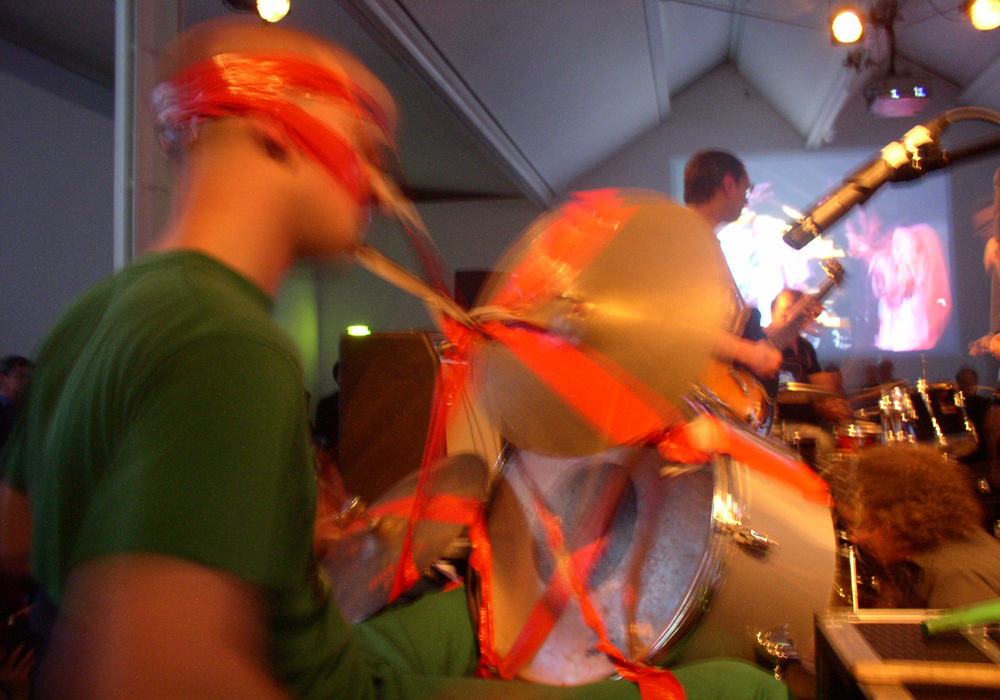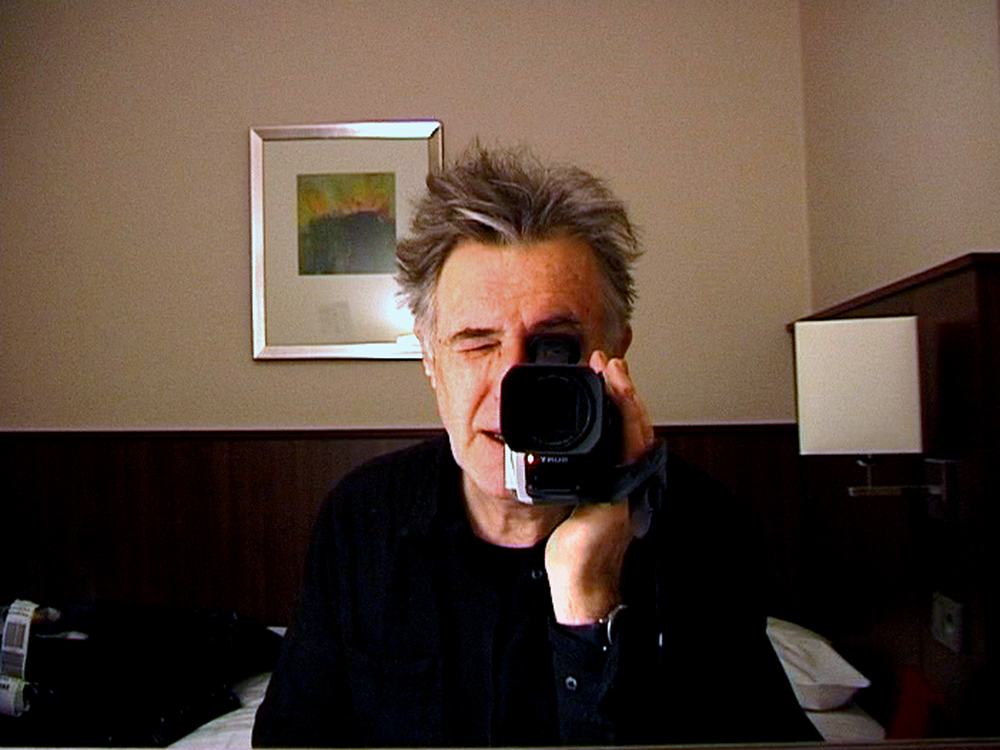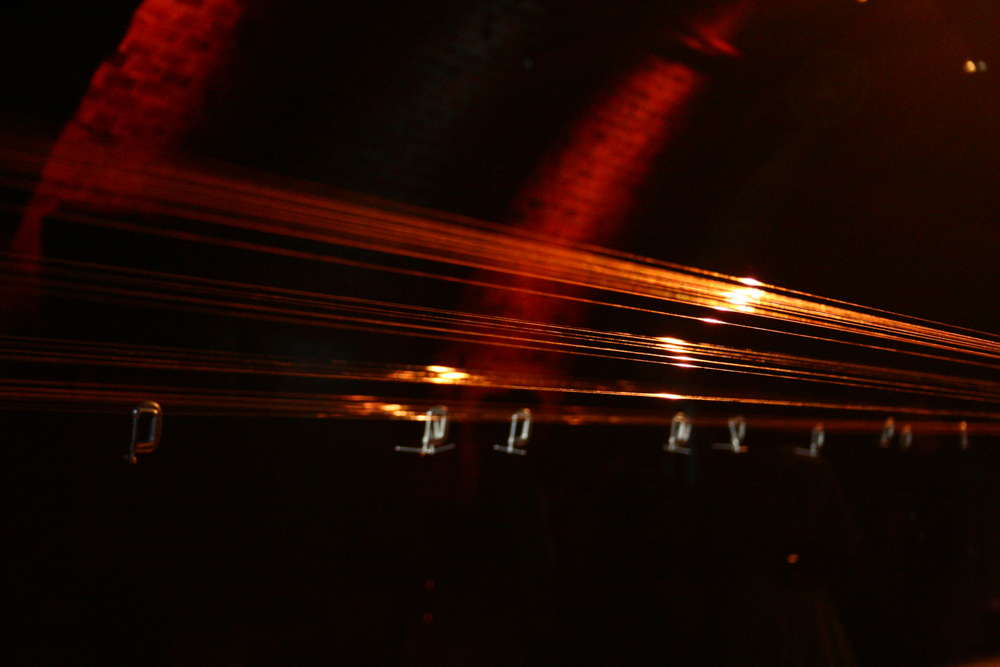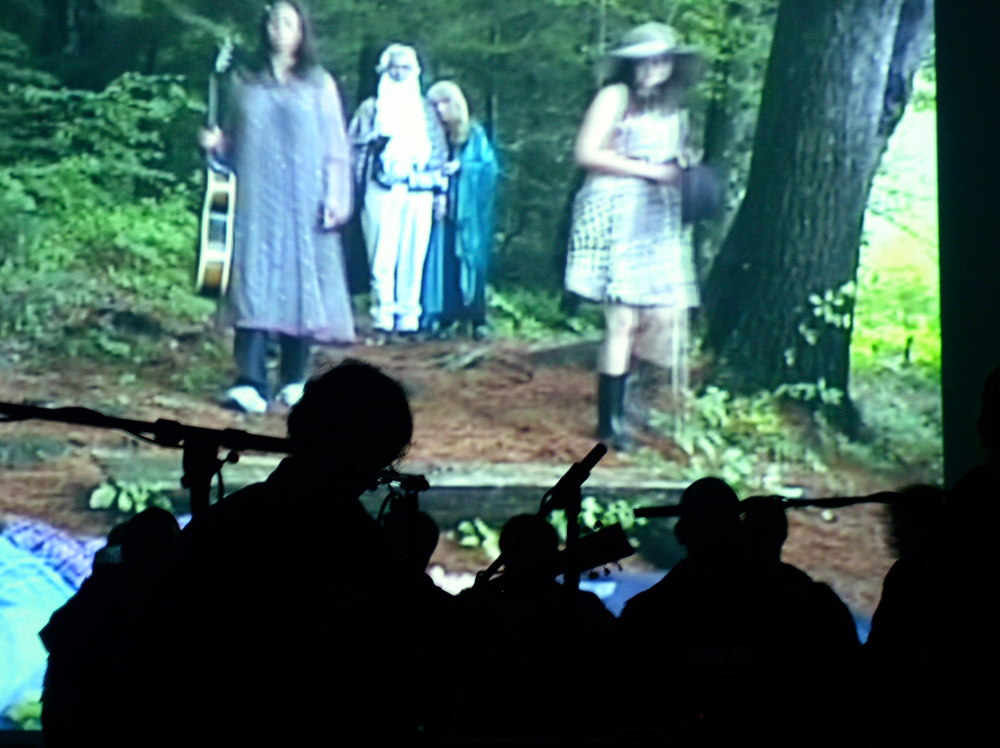
The Secret of Music – discussion
Alan Cummings Keiji Haino
Journalist and underground music champion Alan Cummings talks to Keiji Haino about his career and his performance the previous evening.
Arika have been creating events since 2001. The Archive is space to share the documentation of our work, over 600 events from the past 20 years. Browse the archive by event, artists and collections, explore using theme pairs, or use the index for a comprehensive overview.

Journalist and underground music champion Alan Cummings talks to Keiji Haino about his career and his performance the previous evening.

Film and sound stripped of ‘content’ and experienced spatially, to be looked at not on the screen but in the space of the gallery

First live show outside the USA featuring one-off film pieces and live theatre from the ringleaders of the ‘weird new America’ psych folk explosion.

How can we imagine bodies not as an end in themselves, but as a medium through which we can become one another’s means?

These simple, one-take videos, relate personal experiences to the current conflicts in the Middle East via the most basic of means (a hotel room, a camcorder, John’s personal thoughts, concerns and convictions).

The reknowned artist Kjell Bjørgeengen works collaboratively with innovative musicians to make complex installations. Channels of flickering light are produced in response to and from sound.

A series of three short performed situations and statements to be examined or judged from the most interesting young musician in Glasgow (we think).

Do almost nothing: re-present (unaltered and arranged by chance) silent family home movies handed down to Flo, (Ken’s wife) and follow them with a “teach yourself Yiddish” cassette tape.

Long Stringed Instrument performance involving up to 100 wires strung in tension over a 40m arch.

The Tower performance at KYTN throws into that mix the 70’s fluxus light shows and films of Jeff Perkins and other filmic interventions tuned to their unique frequency.

‘Ten Pieces in the Form of Painful Variations’ for piano, an impossible score that looks like a grapeshot musical stave, a text of barbed loathing and doubt – an anti-composition.

Using violin and cello the duo map out a twilight sonic world that seems to tread the faultlines between improvisation and composition.